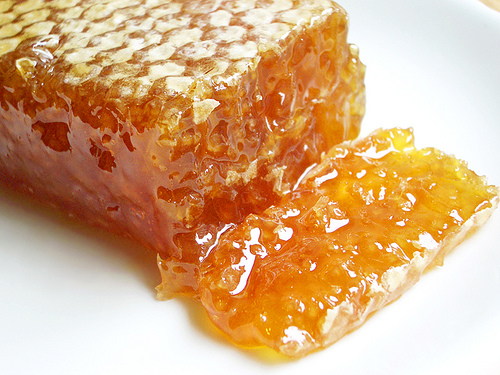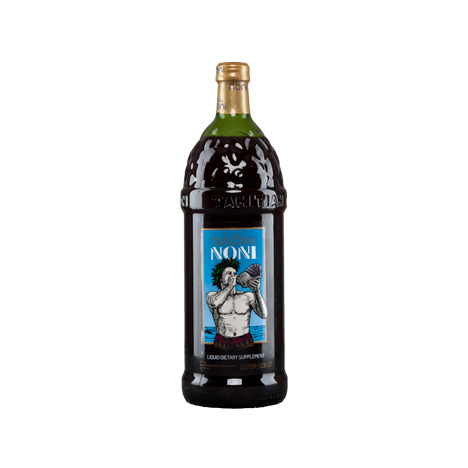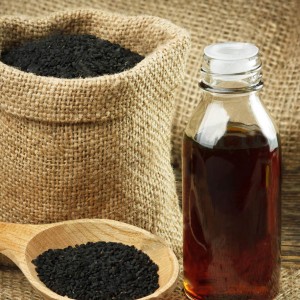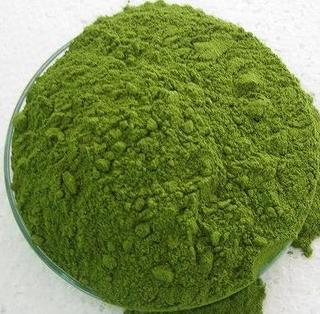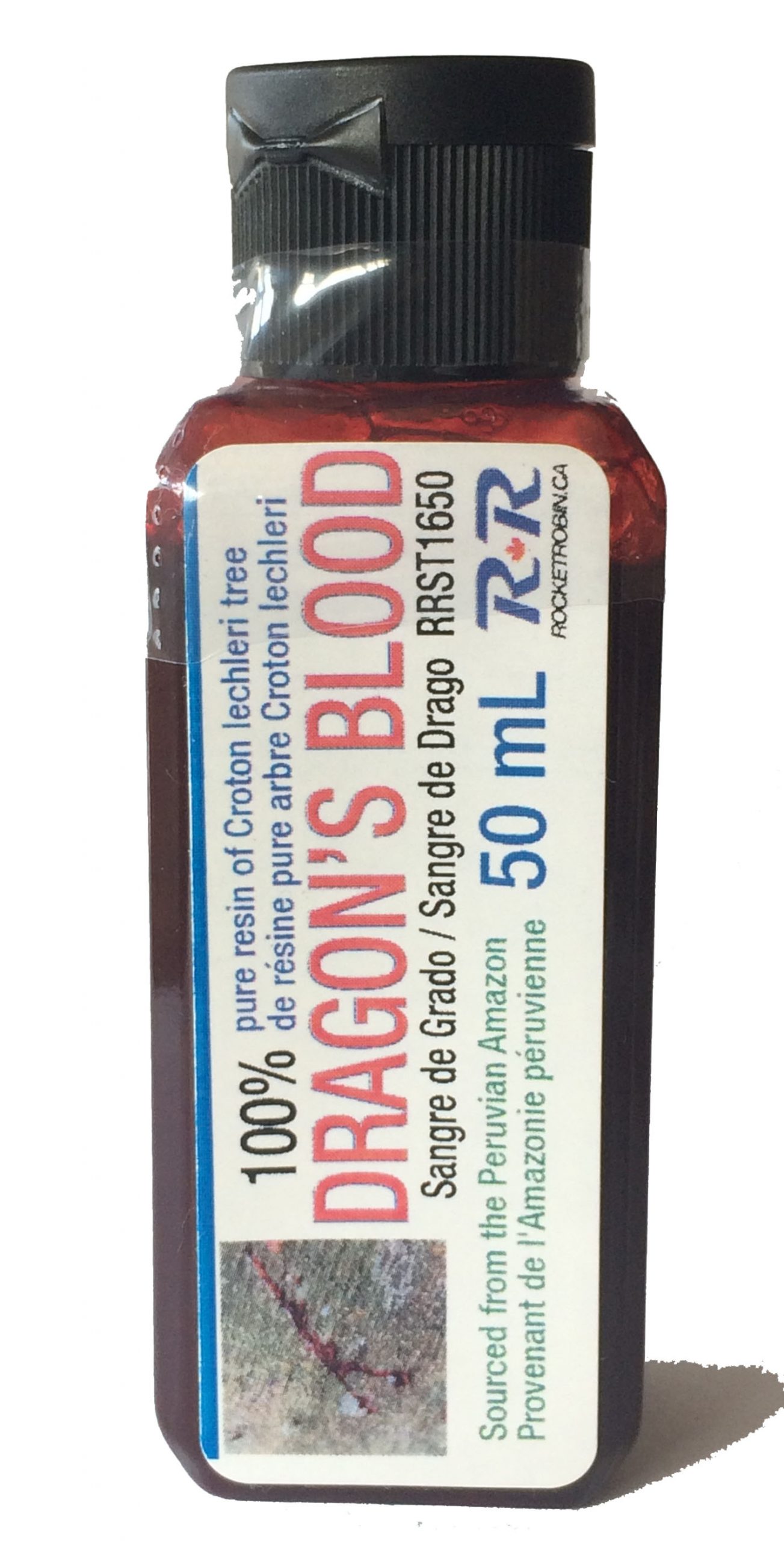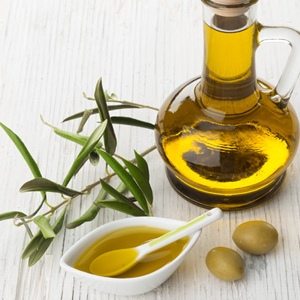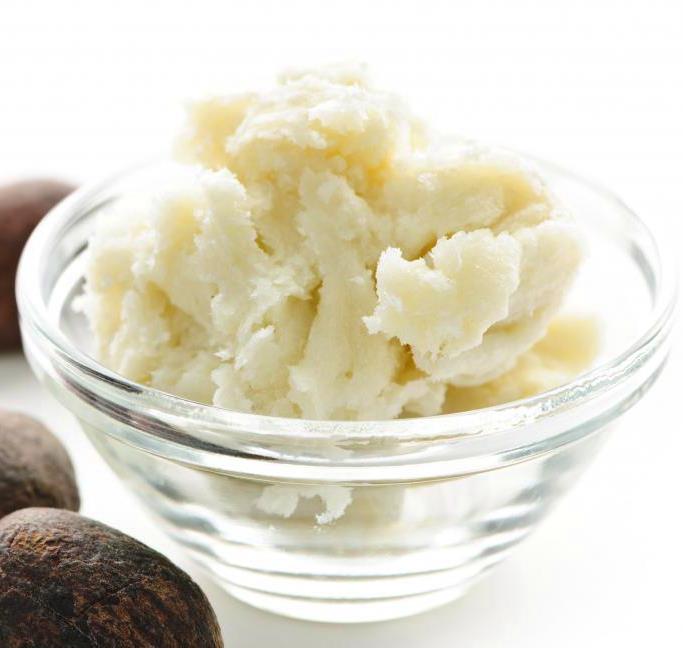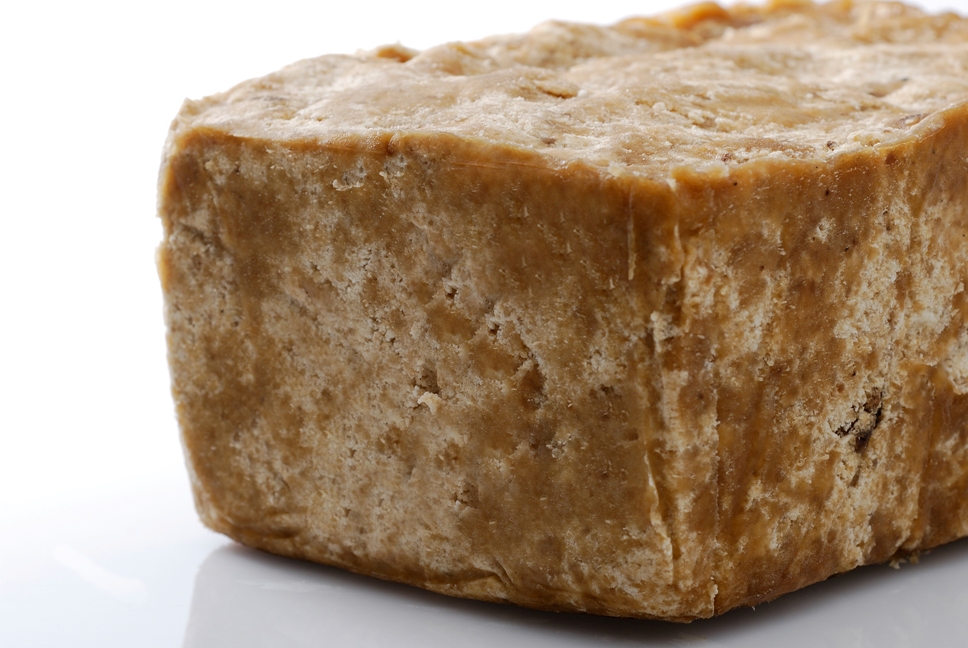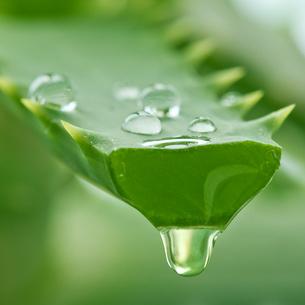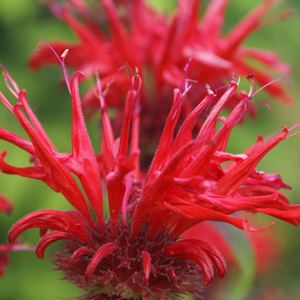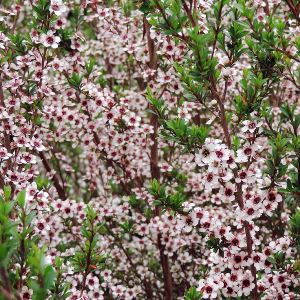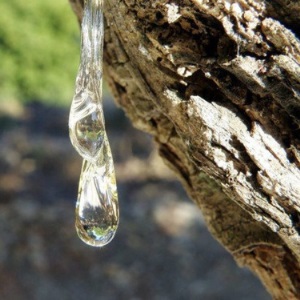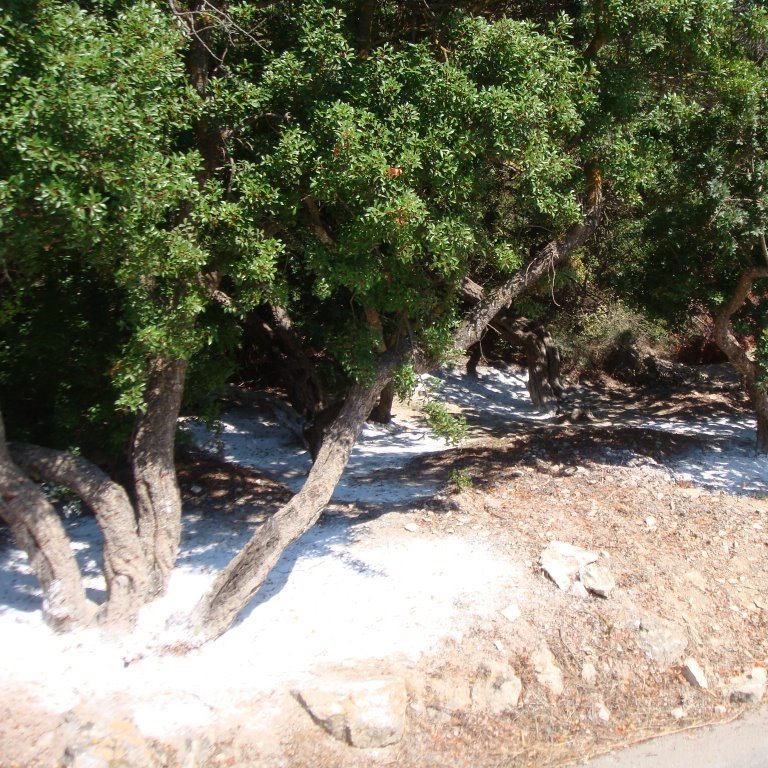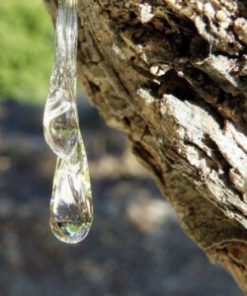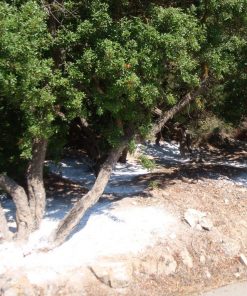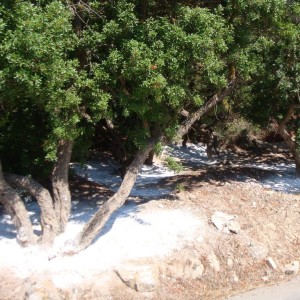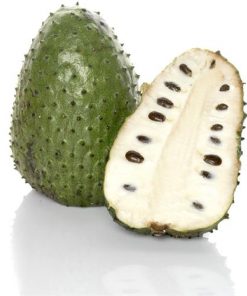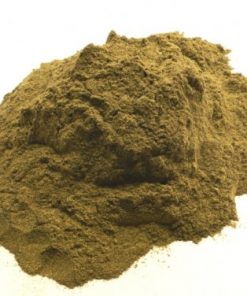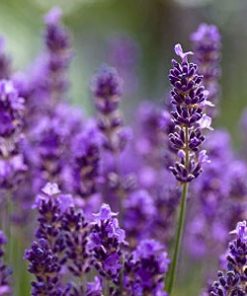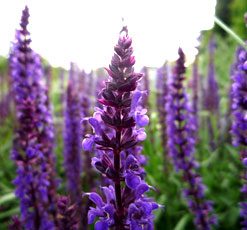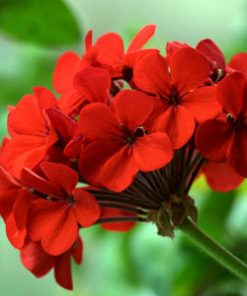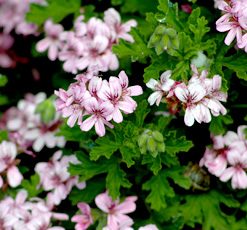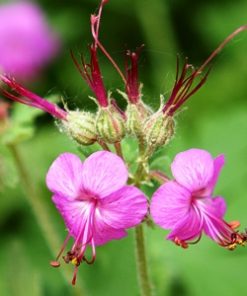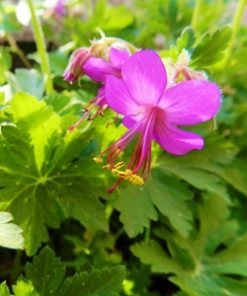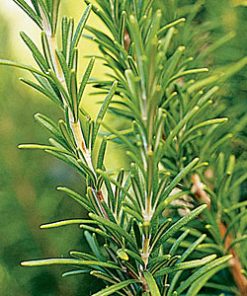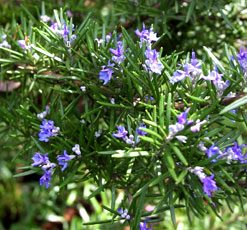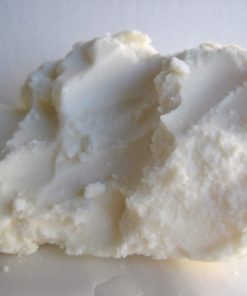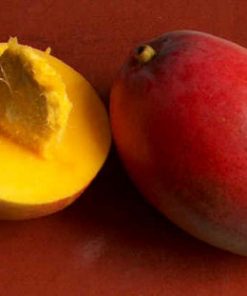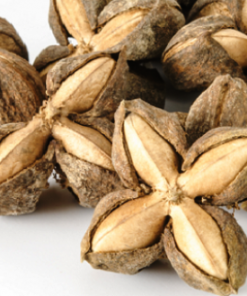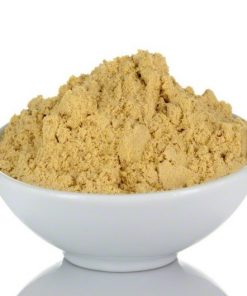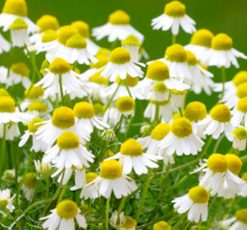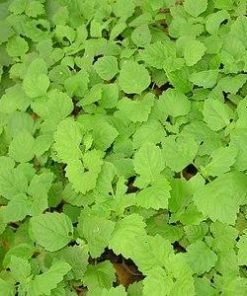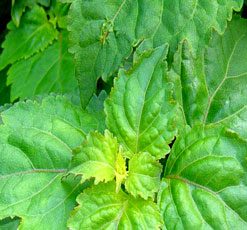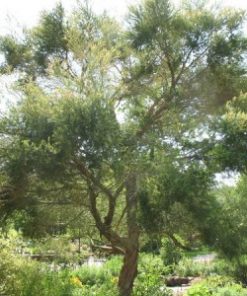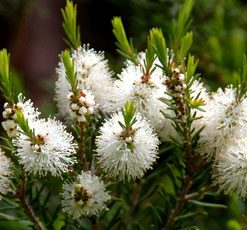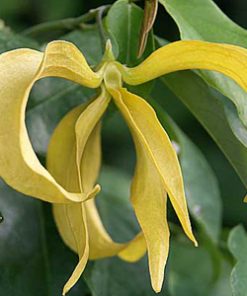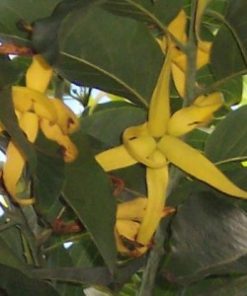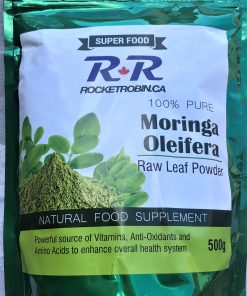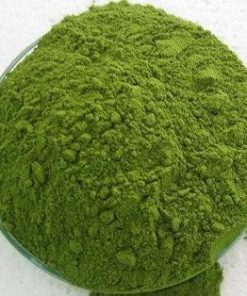Description
Essential Oil Mastic (15 mL)
Essential Oil Mastic
Mastic Essential Oil is steam-distilled from the resin of the mastic tree, a symbol of freshness and purity in both Greek Mythology and traditional Hebrew scriptures. The mastic tree has been used for thousands of years for its decongestant, antibacterial, and antiseptic properties. It is excellent for maintaining the integrity of tissues. Masic is a complex essential oil. It has a similar property to Peppermint in its ability to clear away old, stagnant energies.
Also known as “Arabic gum” and the “tears of Chios,” the resin of the mastic tree dries in the sun to create a natural, piney gum that was first used to freshen the breath over two thousand years ago. Beyond creating a minty mouth, mastic was also used to combat serious dental decay, whiten the teeth, combat digestive problems, and treat bronchitis.
Mastic’s fresh lightly woody aroma is an excellent breath freshener when used as a gargle or mouth wash. Mastic has a fresh, balsamic fragrance similar to pine. freshly distilled the oil has the deep green galbanum-like note, but as the oil ages it becomes rounder, richer and softer. An excellent anchor for lighter notes.
Mastic is a rare essential oil, a “diamond in the rough.” The gum from the mastic tree oozes from the trunk silently and slowly in diamond-like droplets, which harden as they fall to the ground. These exquisite drops are then sorted for clarity and quality. Mastic flavour and aroma is fresh and intense, reminiscent of pine or licorice, and is commonly used in Greek cuisine. It also makes a refreshing addition to home-made dental products, perfumery blends, and skin care products.
HISTORY OF USE
The mastic, or lentisc, tree, Pistacia lentiscus, an evergreen shrub of the sumac family (Anacardiaceae), is indigenous to the Mediterranean coast region from Syria to Spain, and particularly the Greek archipelago, but grows also in Portugal, Morocco, and the Canary Islands. Since about ad 50, production of the resin has been confined almost exclusively to the Greek island of Khíos in the Aegean Sea.
People in the Mediterranean region have used mastic as a medicine for gastrointestinal ailments for several thousand years. The first-century Greek physician and botanist, Dioscorides, wrote about the medicinal properties of mastic in his classic treatise De Materia Medica (“About Medical Substances”). Some centuries later, Markellos Empeirikos and Pavlos Eginitis also noticed the effect of mastic on the digestive system.
Regular consumption of mastic has been proven to absorb cholesterol, thus easing high blood pressure and reducing the risk of heart attacks. Mastic oil also has antibacterial and antifungal properties, and as such is widely used in the preparation of ointments for skin disorders and afflictions. It is also used in the manufacture of plasters.
The resin is contained in the bark and not in the wood, and in order to collect it numerous vertical incisions are made, during June, July, and August, in the stem and chief branches. The resin speedily exudes and hardens into oval tears, which are collected every 15 days. The collection is repeated several times between June and September. Mastic is usually marketed in the form of roundish tears about the size of peas. These are transparent, with a glassy fracture, of a pale yellow or faint greenish tinge, which darkens slowly.
Other trees yield resins that are referred to as mastic. In Algeria, Pistacia atlantica yields a solid resin. Cape mastic is the produce of Euryops multifidus, the resin bush, or hairpuis bosch of the Boers—a plant of the family Compositae. Dammar resin is sometimes sold under the name of mastic. The West Indian mastic tree is Bursera gummifera, and the Peruvian mastic, or California pepper tree, is Schinus molle. The name mastic tree is also applied to a timber tree, Sideroxylon mastichodendron, family Sapotaceae, which grows in the West Indies and on the coast of Florida.
Chios Mastic Mastiha (Greek: Μαστίχα) is a resin obtained from the mastic tree (Pistacia lentiscus). In pharmacies and nature shops, it is called “Arabic gum” (not to be confused with gum arabic) and “Yemen gum”. In Greece, it is known as the “tears of Chios,” being traditionally produced on that Greek island, and, like other natural resins, is produced in “tears” or droplets.
Originally a sap, mastic is sun-dried into pieces of brittle, translucent resin. When chewed, the resin softens and becomes a bright white and opaque gum. The flavor is bitter at first, but after some chewing, it releases a refreshing, slightly pine or cedar-like flavor.
The word mastic is derived from the Greek verb, μαστιχειν (mastichein) “to gnash the teeth”, which is the source of the English word masticate. The word mastic is a synonym for gum in many languages.
HEALTH BENEFITS
Mastic is a rare essential oil, a “diamond in the rough.” The gum from the mastic tree oozes from the trunk silently and slowly in diamond-like droplets, which harden as they fall to the ground. These exquisite drops are then sorted for clarity and quality. Mastic flavor and aroma is fresh and intense, reminiscent of pine or licorice, and is commonly used in Greek cuisine. It also makes a refreshing addition to homemade dental products, perfumery blends, and skin care products.
Mastic essential oil is known to be a lymphatic and circulatory decongestant. Because of its vaso-constricitng properties, Mastic is known to help with spider and varicose veins.
There are some wonderful pain relieving benefits that Mastic essential oil possesses. The high monterpene content provide and analgesic and anti-inflammatory effect.
Mastic essential oil is also wonderful for the respiratory system. It has an airborne anti-microbial action that is greatly needed when dealing with any respiratory issue. It can be used for bronchitis as well as colds and flu.
Decongestant for the lymph and veins as well as great for respiratory issues. Helpful in reducing edema.
The aroma is clean, balsamic, turpentine crisp, dry woody and forest morning pine needle fresh. Therapeutically this material is antimicrobial, antiseptic, antispasmodic, astringent, diuretic, expectorant.
Caution: NEVER USE INTERNALLY without consulting professional medical help
- Not recommended for pregnant women and infants.
Individuals with serious and chronic health issues should consult an expert prior to using oils.
TRUST ROCKET ROBIN
Rocket Robin is proud to be your supplier of truly natural products with simple ingredients in support of your family’s health and well-being.
Additional information
| Weight | 0.1 kg |
|---|---|
| Dimensions | 10 × 10 × 1 cm |

